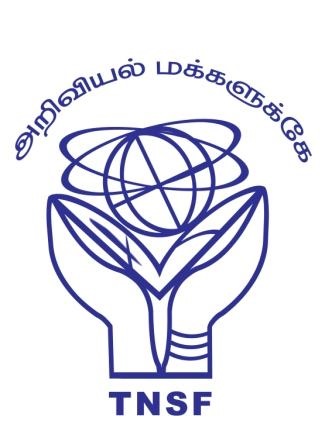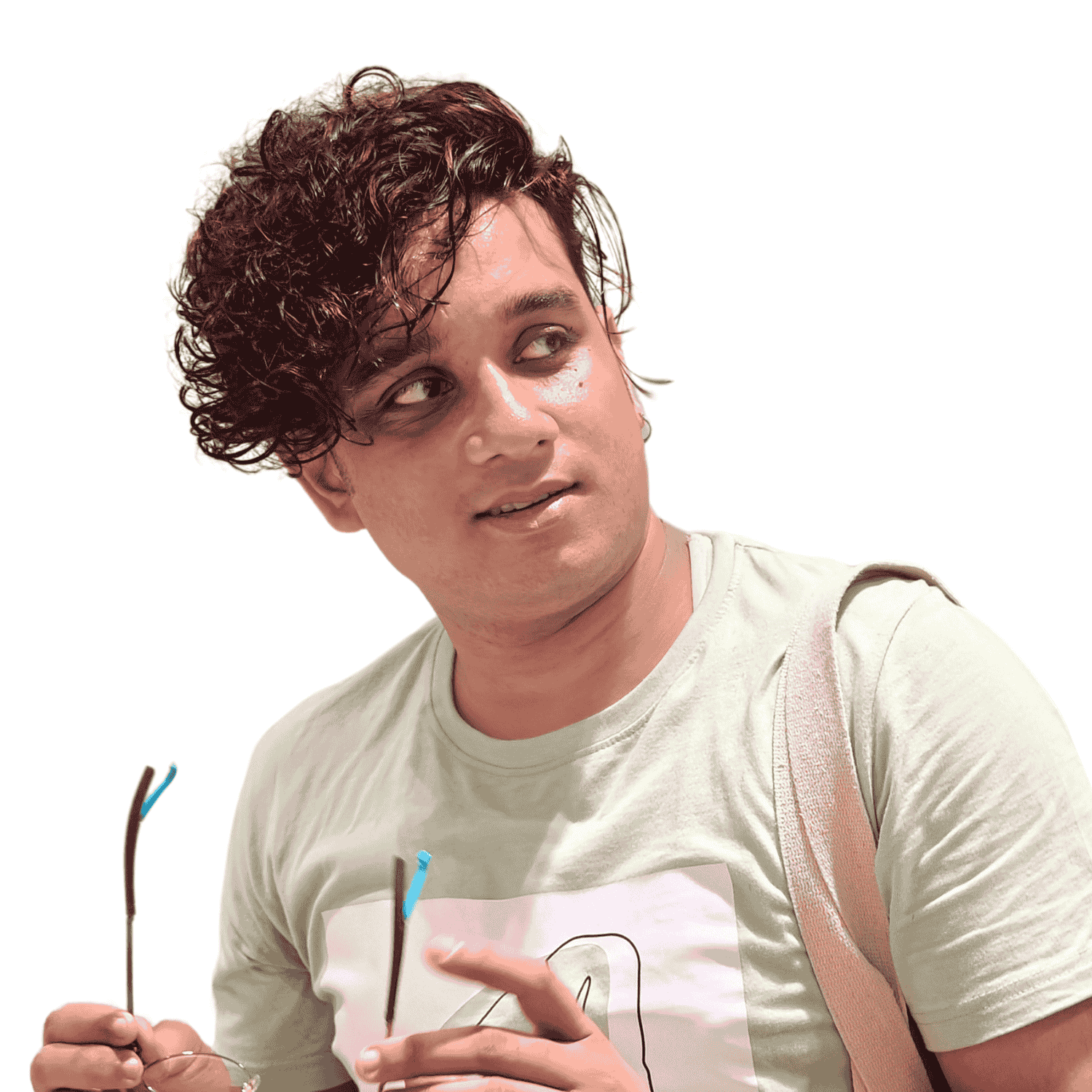About Program

This is part of its efforts to popularize science to the general public and students who are pursuing science as their career. TNSF attempt to focus on students on higher science as everyone knows that learning of science at college within the curriculum is not enough to acquire holistic knowledge of science at the appropriate time. Hence, to fill the gap between what students are acquiring through the curriculum and what it is required, TNSF is planning its activities on higher science to students who are pursuing higher education.

About the Lecture Earlier this month, scientists from New York University showed that human embryonic kidney cells - disembodied and cultured for generations in the laboratory - could show canonical features of memory. Last month, Kolkata-based researchers engineered bacteria that could organize into artificial neural network-like architectures, and compute abstract mathematical problems. Memory and computing abstract problems are two processes that are typically thought to be the forte of the brain, a specialized organ composed of billions of specialized cells. But if cultured kidney cells can remember, and bacteria can be made to do (some) mathematics, what does this mean for us, and what we understand as intelligence? In this lecture, The Speaker will summarize recent scientific studies that report 'intelligent behavior' in 'brainless' organisms: learning and memory in non-neuronal cells, and problem-solving in slime molds. In doing so, Sayantan will dwell on the possibilities and opportunities offered by these findings - for science and for humanity.
